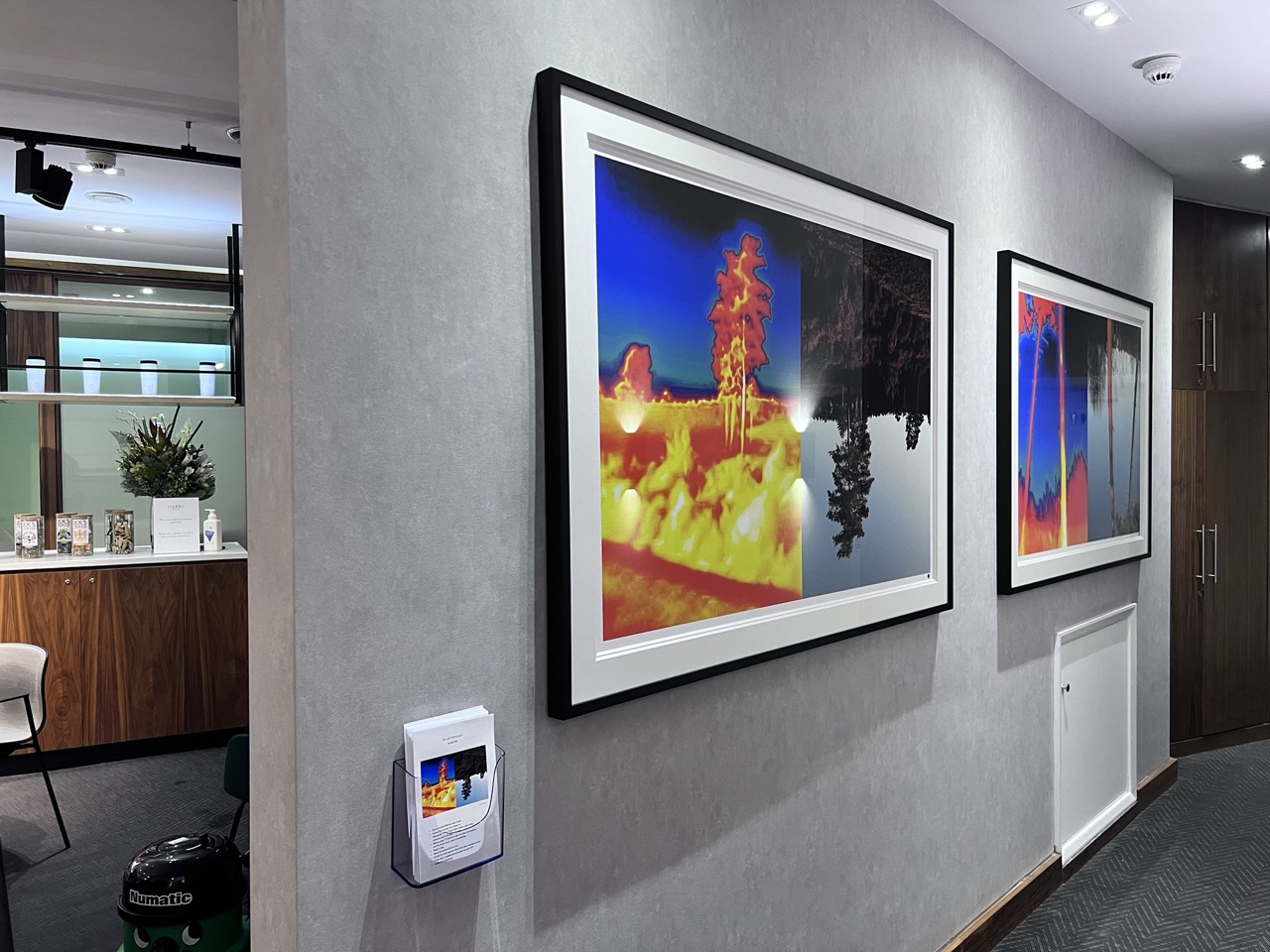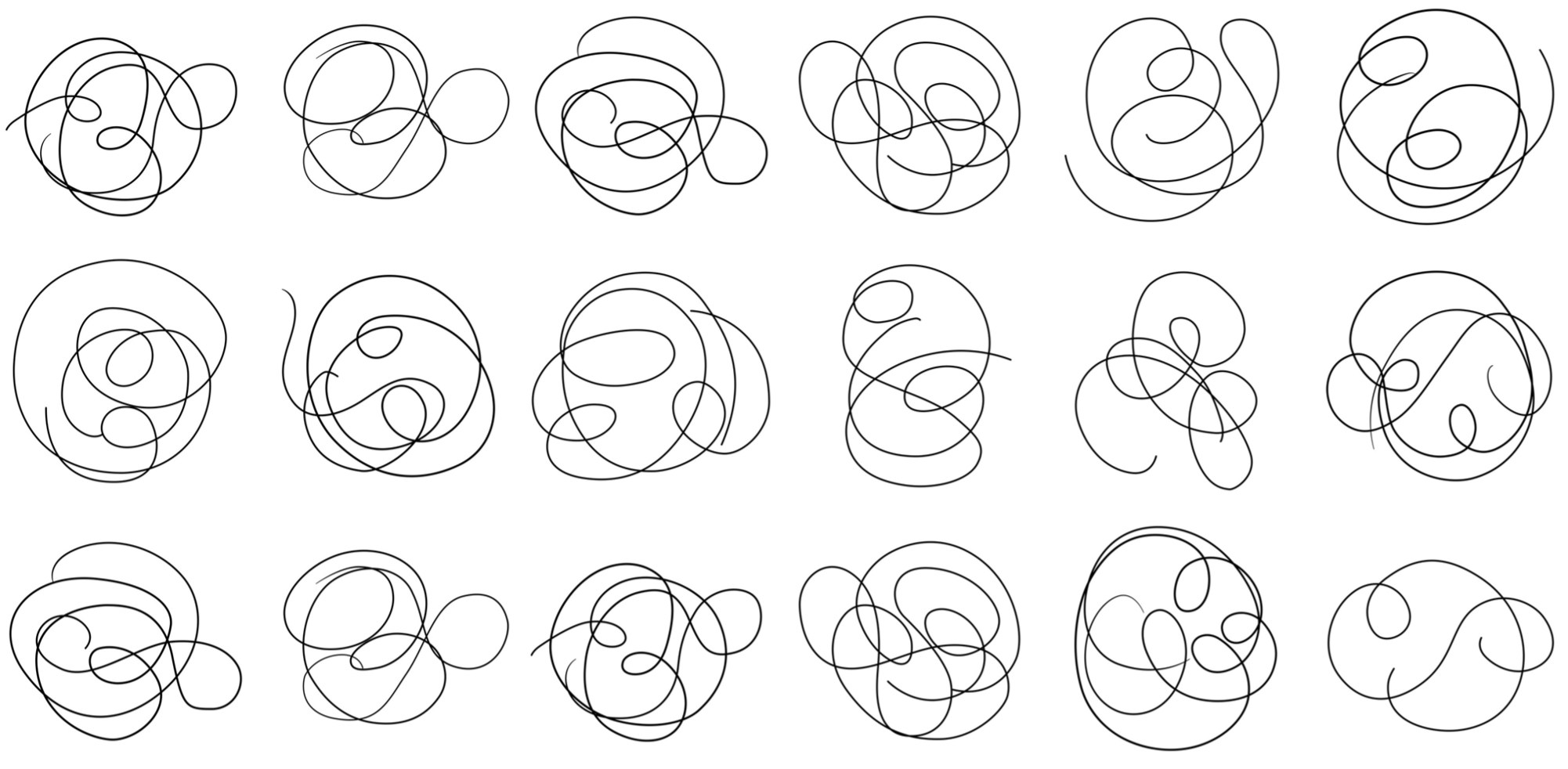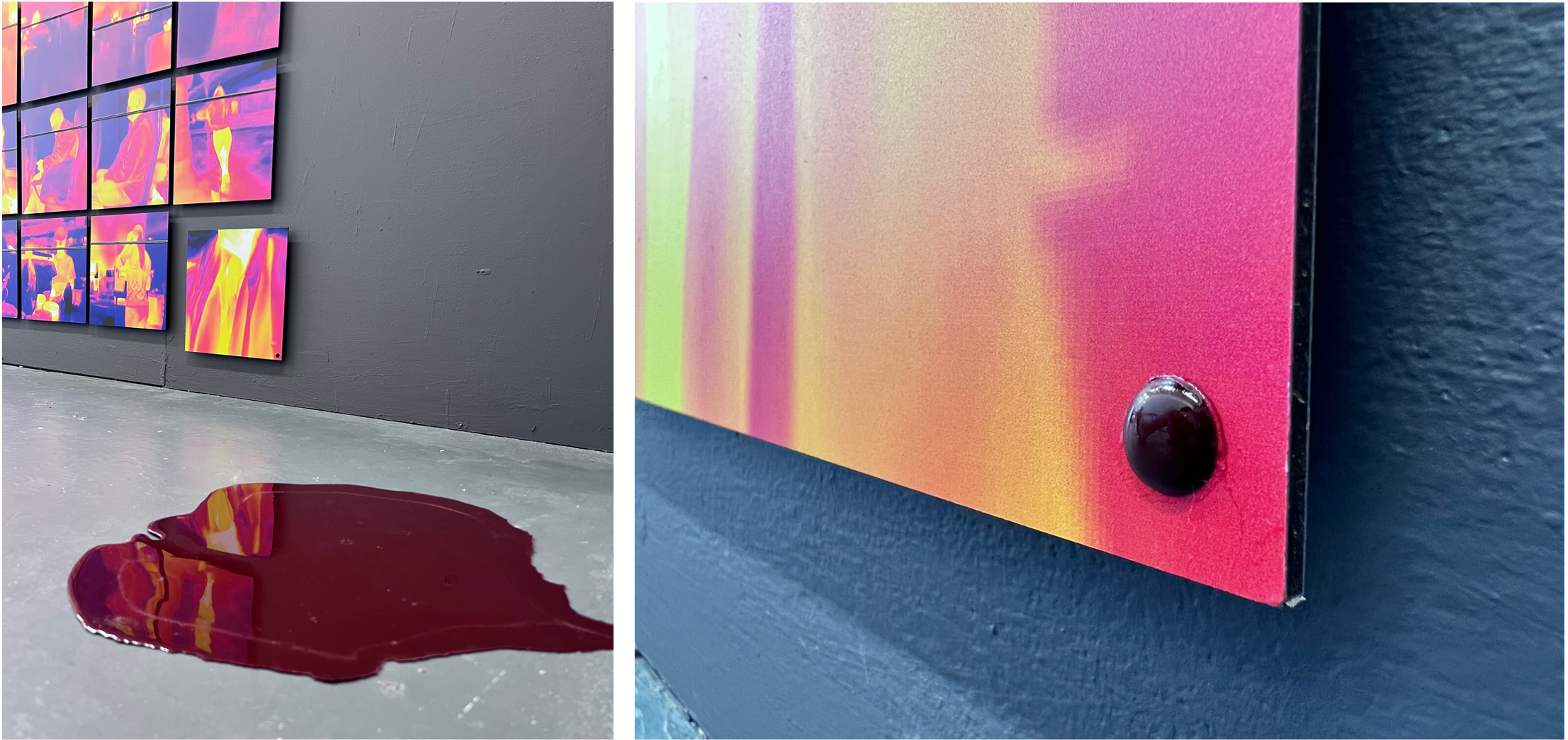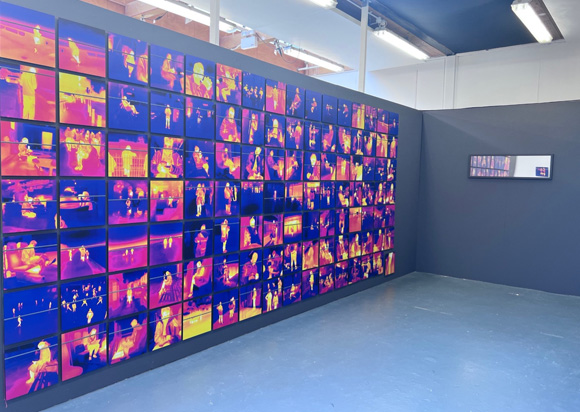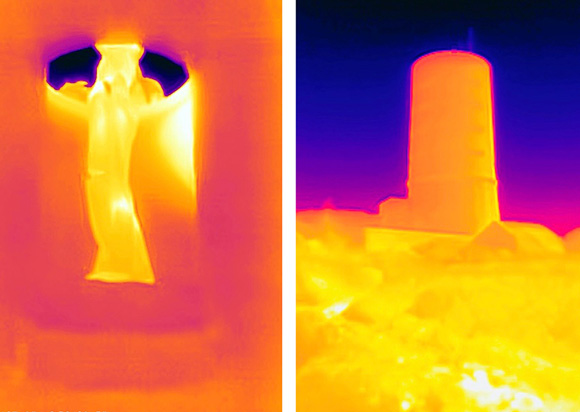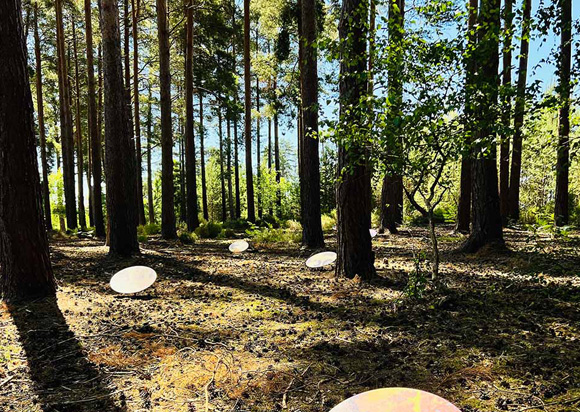
Stef Will
• 14 July 2021
‘Forgotten Thoughts’ exhibition at Safehouse
I am really pleased to be part of a group exhibition called ‘Forgotten Thoughts’ at Safehouse in London. I am showing my collage polyptych ‘Birds, X-Men and Jesus’. The work explores the nature of reality and our sense of self in relation to human embodiment. It encourages the viewer to look beyond the physical, Newtonian surface of the body, towards a non-material reality that is freed from the limitations that we allow to shape our three-dimensional construct – a reality where consciousness may exist separate from our fleeting cloak.
“There is no place in this new kind of physics for the field and matter, for the field is the only reality.” – Albert Einstein
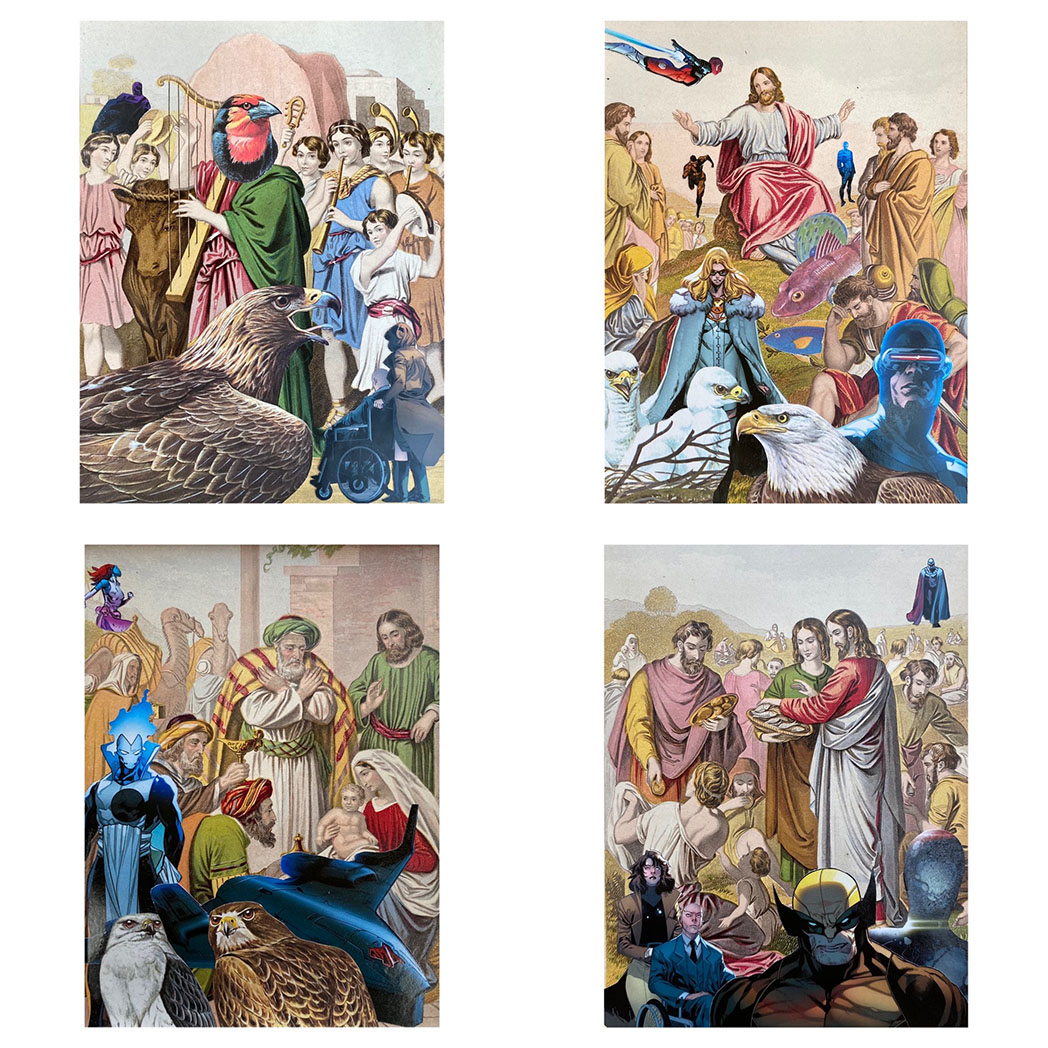
The exhibition at 139 Copeland Road, London, SE15 3SN will run from
22 – 26 July 2021, with an opening event on 21st July at 6.00-7.30pm. Safehouse is a derelict Victorian house turned into a really cool exhibition space, as you can see in the in-situ image below. Alongside me, the following artists are showing work: Robert Adlam | Lucy Bevin | Liz Clifford | Rups Cregeen | Mofe Demuren | Noelle Genevier | Robyn Jacobs |Michael Kelly | Li An Lee | Dawn Langley | Kate Madden | Catherine McCaw Aldworth | Janet McWilliam | Nano Hour | Zihao Wang | Dean Wright.
Below are extracts from the press release for further information and contemplation:
“Spanning the biological through to the technological, this exhibition investigates memory and memory loss. ‘Forgotten Thought’ explores concepts of memory in relation to our brains and nervous system, bodily actions and technology. Memories make us who we are, we use them to understand the world and build on them to help us negotiate daily life. Our interaction with our surroundings help us form memories, their embodiment confirmed through the physical object or digital traces. The ability to retrieve a memory or forget a thought is an important part of the functioning of the human brain.
Time plays a part in the production and forgetting of thoughts; the overlaying of memories redefining past thoughts and actions. We are also aware that memory can be fallible, we don’t necessarily recall things as they were, they are not accurate snapshots so much as reconstructions. Recent research has also revealed that memory is not a uniquely human attribute, although forgetting might be. Forgetting, is something we have also become preoccupied with in relation to our technology – the size and reliability of ‘memory’ has become an important feature of our devices.”
“Without forgetting it is quite impossible to live at all.” Nietzsche


